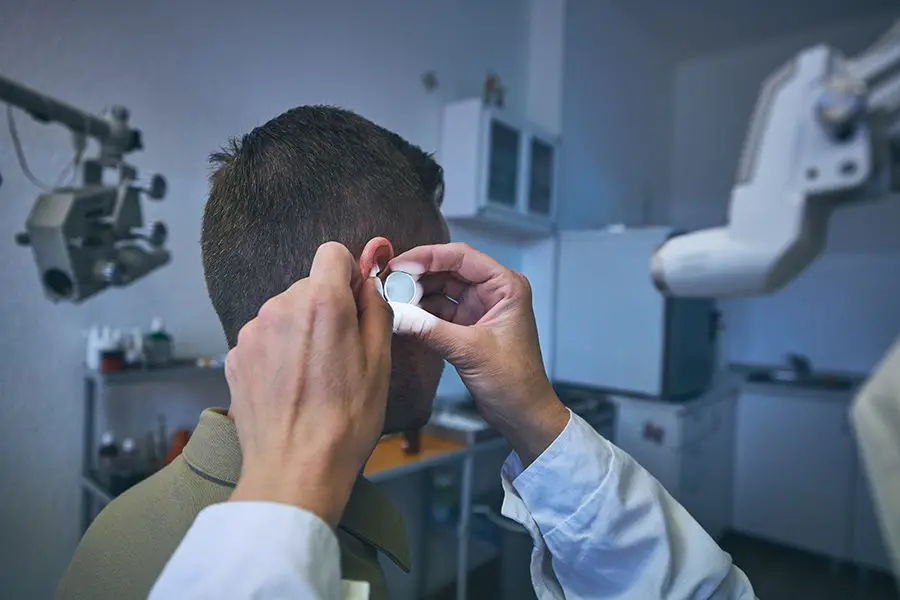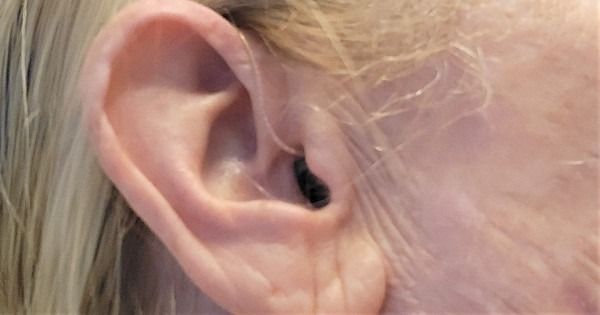Otosclerosis, a condition affecting the ear bones and leading to progressive hearing loss, is a significant challenge for many, particularly in their later years. This comprehensive guide is tailored for those living with Otosclerosis and Otospongiosis, as well as their caregivers, offering valuable insights into coping strategies and support systems to navigate this journey more smoothly.
Coping with Otosclerosis and Otospongiosis: Beyond Physical Symptoms
Living with Otosclerosis and Otospongiosis is not just about managing physical symptoms. The psychological and emotional aspects of coping with hearing loss can be equally challenging. From the frustration of missed conversations to the fear of progressive hearing loss, the emotional toll of these conditions can be significant. However, it’s crucial to remember that support and connection are available, both offline and online, to help navigate these challenges.
The Role of Support Groups and Mental Health in Managing Otosclerosis and Otospongiosis
Support groups play a vital role in providing a platform for individuals with Otosclerosis and Otospongiosis to share experiences, gain emotional support, and learn from others who understand their journey. Mental health care, including psychotherapy or counseling, is also crucial in managing stress and adjusting to life with hearing loss. Techniques such as mindfulness, cognitive-behavioral therapy (CBT), and stress management can be beneficial in coping with these conditions.
Creating a Supportive Environment for Individuals with Otosclerosis and Otospongiosis
Creating a supportive environment involves understanding the needs of individuals with Otosclerosis and Otospongiosis, promoting clear communication, and making necessary adaptations at home and work. Understanding and empathy from family members, along with assistive listening devices and other hearing aids, can greatly improve the quality of life for those affected.
Resources for Families Living with Otosclerosis and Otospongiosis
Several resources are available to help families understand and manage Otosclerosis and Otospongiosis more effectively. This includes educational materials, workshops, counseling services, and financial aid programs. Organizations like the American Speech-Language-Hearing Association (ASHA) and the American Academy of Otolaryngology-Head and Neck Surgery (AAO-HNS) provide valuable information and resources.
Latest Developments in Otosclerosis and Otospongiosis Research
Recent advancements in research have led to a better understanding of Otosclerosis and Otospongiosis, particularly in how they affect older adults. Studies are focusing on new treatment methods, the impact of these conditions on mental health, and the effectiveness of various support systems.
Innovative Treatments and Therapies for Otosclerosis and Otospongiosis
The medical community is continually exploring innovative treatments and therapies for Otosclerosis and Otospongiosis. This includes advancements in hearing aid technology, surgical techniques, and medications that could potentially slow or reverse the progression of these conditions.
FAQs About Otosclerosis and Otospongiosis
- What are Otosclerosis and Otospongiosis? Otosclerosis is a condition that affects the bones in the ear, leading to hearing loss, while Otospongiosis refers to its early stages.
- How do these conditions impact individuals? They affect hearing and can lead to emotional and psychological challenges due to communication difficulties.
- What role do support groups play? Support groups provide a platform for sharing experiences and gaining emotional support.
- How important is mental health care? Mental health care is crucial in managing stress and adjusting to life with hearing loss.
- What resources are available for families? Educational materials, workshops, counseling services, and financial aid programs are available to help families.
- Are there new treatments for these conditions? Yes, ongoing research is exploring new treatments and therapies for Otosclerosis and Otospongiosis.
Practical Tips for Managing Otosclerosis and Otospongiosis
- Stay Informed: Keep up-to-date with the latest research and treatment options.
- Encourage Communication: Use visual cues and clear speech to aid communication.
- Utilize Assistive Technologies: Explore hearing aids and other devices to improve hearing.
- Foster Emotional Support: Provide emotional support and encourage participation in support groups.
- Regular Medical Consultations: Ensure consistent visits to audiologists and healthcare providers.
Conclusion
Navigating the journey of Otosclerosis and Otospongiosis requires understanding, support, and access to resources. By embracing the challenges and utilizing available support systems, individuals with these conditions can lead fulfilling lives. This guide aims to empower those affected by Otosclerosis and Otospongiosis with knowledge and resources, reminding them that they are not alone in this journey.
Annotated References:
-
American Speech-Language-Hearing Association (ASHA): Provides resources and information on managing Otosclerosis and Otospongiosis. ASHA on Otosclerosis.
-
American Academy of Otolaryngology-Head and Neck Surgery (AAO-HNS): Offers insights into the diagnosis, treatment, and recent advancements in Otosclerosis and Otospongiosis. AAO-HNS on Otosclerosis.
Learn More
HEARING QUEST
TINNITUS GURU
HEARING LOSS NEWS





